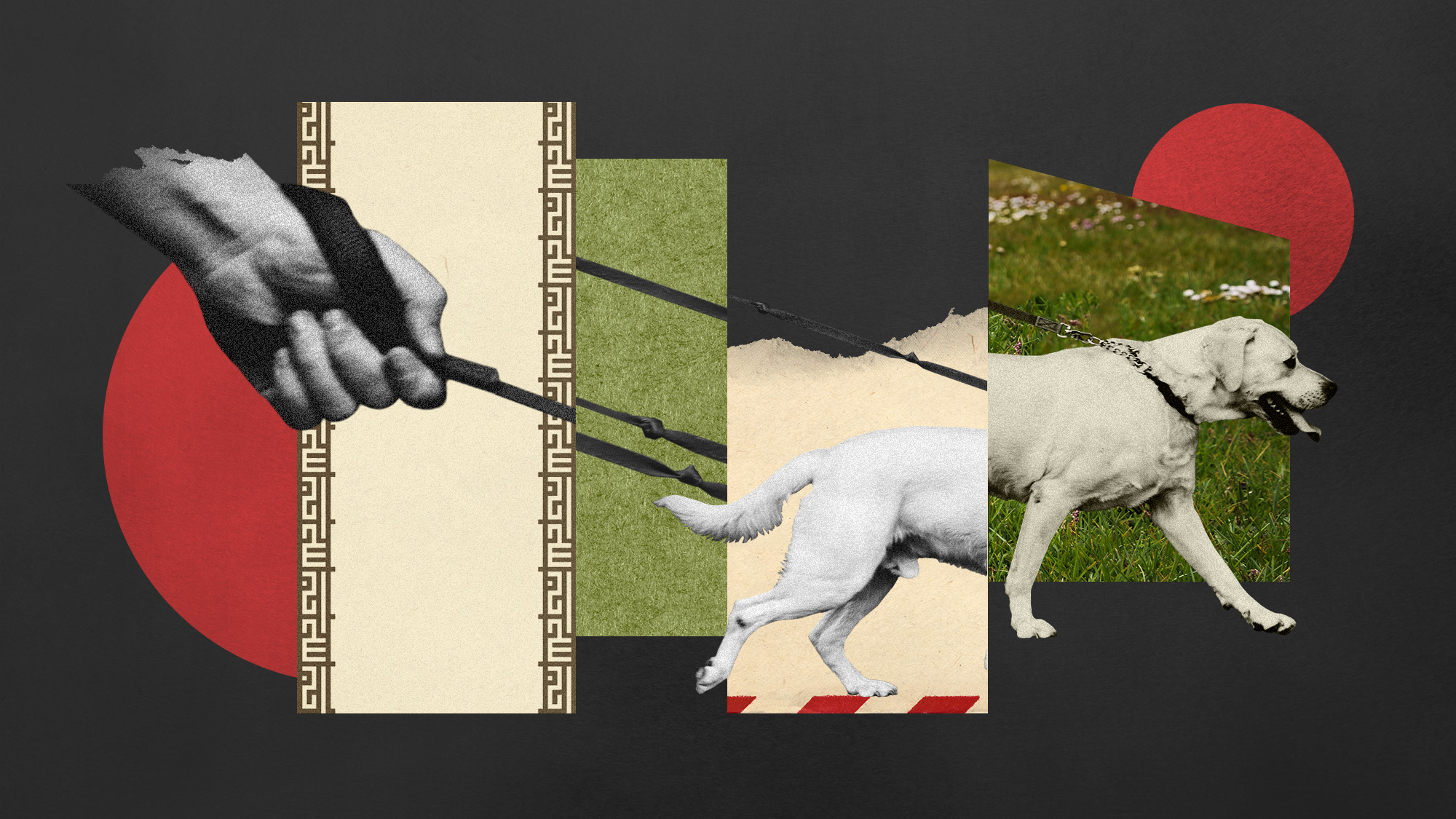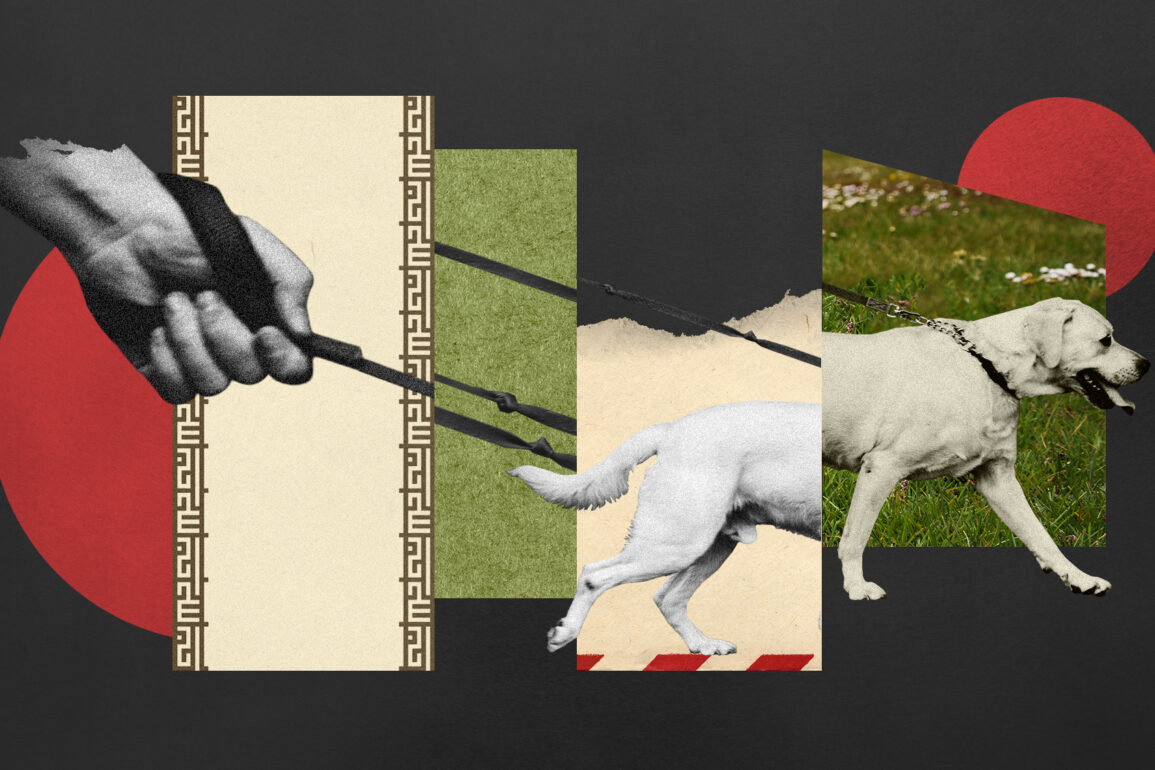Local authorities in Iran have widened a ban on walking dogs, citing public health, social order and safety concerns.
At least 18 cities have followed a police directive that bans dog walking in Tehran, the latest chapter in the nation’s nuanced history with the animals.
‘Reprehensible’
In 1948, Iran became “one of the first countries in the Middle East” to pass animal welfare laws, said the BBC, even the country’s royal family kept dogs as pets. But, said Agence France-Presse, “owning” and “walking” dogs became a “contentious topic” following the 1979 Islamic revolution.
Subscribe to The Week
Escape your echo chamber. Get the facts behind the news, plus analysis from multiple perspectives.
SUBSCRIBE & SAVE
Sign up for The Week’s Free Newsletters
From our morning news briefing to a weekly Good News Newsletter, get the best of The Week delivered directly to your inbox.
From our morning news briefing to a weekly Good News Newsletter, get the best of The Week delivered directly to your inbox.
In 2010, a senior cleric stated “friendship with dogs” is a “blind imitation of the West”, where there are “lots of people” who “love” their dogs “more than their wives and children”. He said there are “lots of narrations” in Islam that say dogs are “unclean”, reported NBC News.
In 2017, Iran’s supreme leader Ayatollah Ali Khamenei said that keeping the animals for “reasons other than herding, hunting and guard dogs” was “reprehensible”.
Then, two years later, a police directive barred dog walking in Tehran, and, in 2021, 75 lawmakers condemned pet ownership as a “destructive social problem”, arguing that it could “gradually change” the “Iranian and Islamic way of life”.
But during the Covid pandemic, dogs and other pets “emerged” as “unlikely” heroes in Iran’s “uphill battle” against the outbreak, said Middle East Eye. Attitudes began “shifting” and keeping pets became a growing trend among “middle-class families” and “older generations” alike.
‘Old taboos’
People “no longer believe” in “old cultural, religious or doctrinal taboos” as “unalterable Lord’s words”, said psychologist Farnoush Khaledi. The “shift” towards “deconstructing old taboos” on dogs is part of a “transformation of the Iranian identity” from “the traditional to the new”.
Two years ago, a Shia Muslim cleric became an “unlikely figurehead” for animal rights after he opened a dog refuge in Iran, said The i Paper. Sayed Mahdi Tabatabaei rescues stray dogs and posts about his activities to his 114,000 Instagram followers.
Quite how strictly the rules are enforced is still to be seen. After Tehran police chief Hassam Rahimi announced the ban on walking dogs in public in the capital in 2019, there were protests when videos emerged showing dogs and puppies being killed through “gruesome” state-approved injections.
But even though Rahimi promised severe penalties for dog walkers, the ruling has been only “loosely enforced”, said Middle East Eye, and dog owners have continued to take their pets with them wherever they wanted.
This post was originally published on this site be sure to check out more of their content.














































